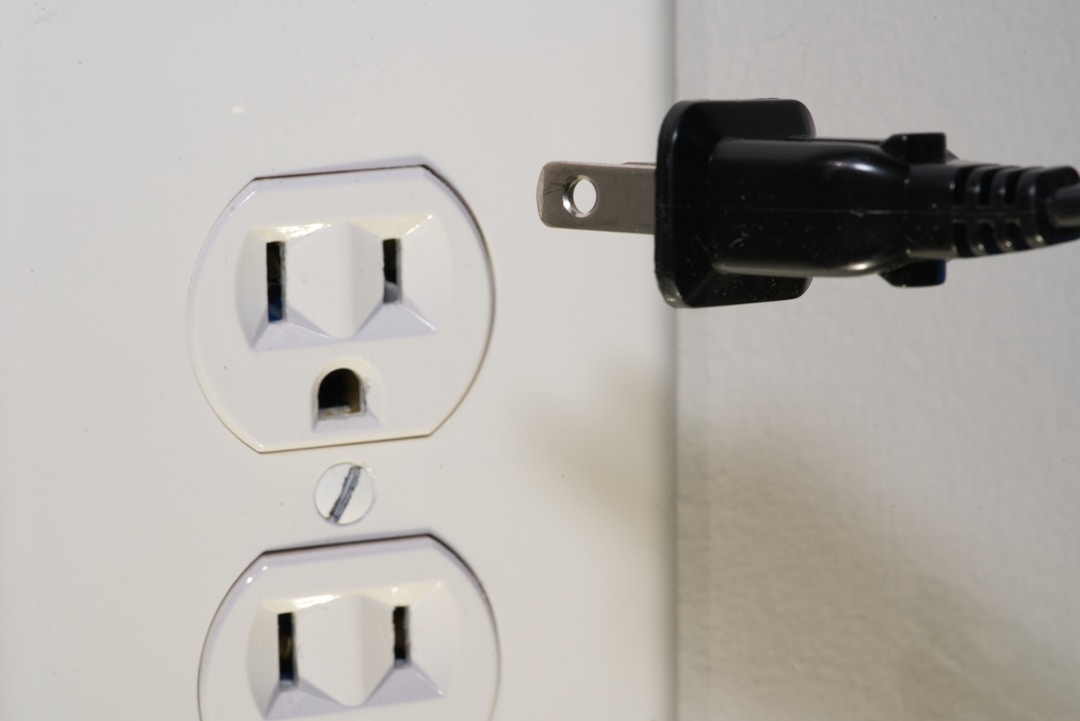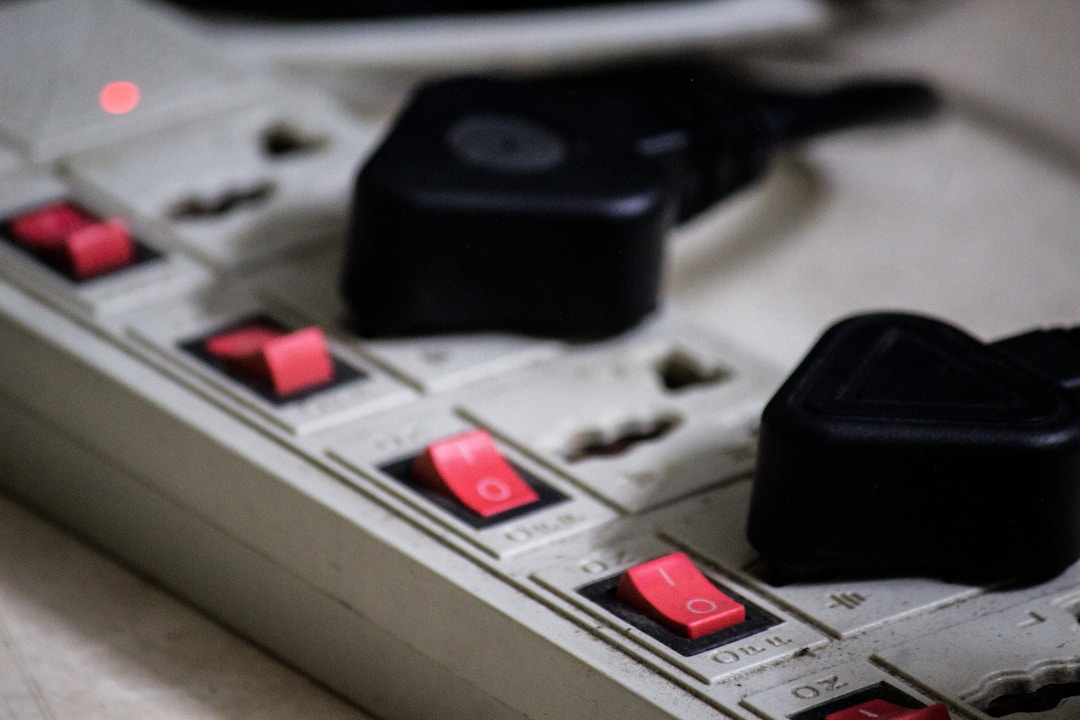Have you ever been sitting at home when you turn on an appliance, and the power cuts out on you? Your first thought is that there’s an outage on your block. In reality, it could be because of a trip in your circuit breaker. There are plenty of issues connected to your breaker that can range from a quick fix by you as a homeowner to having to bring in an electrician. Let’s take a look at some of those common problems.
1. Circuit Overload

One of the main reasons your home’s circuit breakers keep tripping is circuit overloading. This happens when you connect more devices throughout your household than the circuits can actually handle. These excessive electrical flows cause the system to overheat and shut down automatically.
Overloading not only destroys connected appliances but also puts you at risk of an electrical fire. The circuit breaker trips upon detecting this overheating and alerts you. Recurrent tripping aggravates the damage to your electrical panel even more, with significant wear on circuit breaker parts over time.
2. Replacing a Bad Breaker

The truth is that, much like anything else in your household, home wiring can break down over time. If individual circuits are causing issues, you’ll want to turn off the main breaker. Ensure that all electrical power is off by using a voltage tester to make sure there is no current flow. You can use a screwdriver to disconnect the wire from the terminal, prying out the older breaker and inserting a new one.
Once that electric work is complete, turn the main breaker back on and test each branch circuit breaker to make sure it is properly functioning. If the breaker is still tripping, contact a qualified electrician with the proper tools necessary to diagnose a common issue or serious problem with the panel.
3. Frequent Short Circuits

Short circuits are a huge fire hazard and should be taken into account immediately. Short circuits happen when an active electrical wire contacts a neutral wire. This is usually the result of undetected faults within a home’s wiring network. Short-circuiting produces massive amounts of heat, causing the circuit breaker to trip. This can even result in odd noises, sparks, and a burning smell.
Fixing electrical short circuits requires the assistance of an electrician. Routine maintenance can ensure that the connections in your electrical panel are in good condition, avoiding the chance of electrical malfunction over time.
4. Loose Wires

A tripped circuit breaker can be the result of loose wiring. Common issues like the flickering of the lights are caused by faulty wiring. A homeowner should check for any loose wires, replacing them with the help of a professional if need be. You should also check each area of your home for any possible issues. This includes checking all appliances that are connected to the circuit.
Sometimes a circuit breaker trips because of a shortage in an appliance like a microwave, so check the exterior of the cord. If you notice any signs of burning or discoloration, you may need to replace the power cord.
5. Ground Faults

Ground surges happen when an active electrical wire makes contact with a ground wire. These faults create excess current, overheating and causing a circuit breaker to shut down to prevent further damage or electrical fires automatically. Handling a ground surge is dangerous and requires the help of a licensed electrician to help determine the culprit of these issues.
If a new circuit breaker or any other electrical work is needed, do not go it alone. Be sure to have an expert on your side with the proper safety devices to operate at minimal risk. This is the case for any particular circuit, ranging from older houses to new homes.

